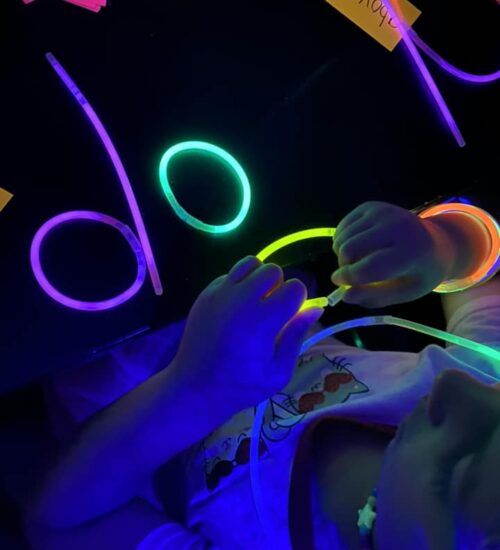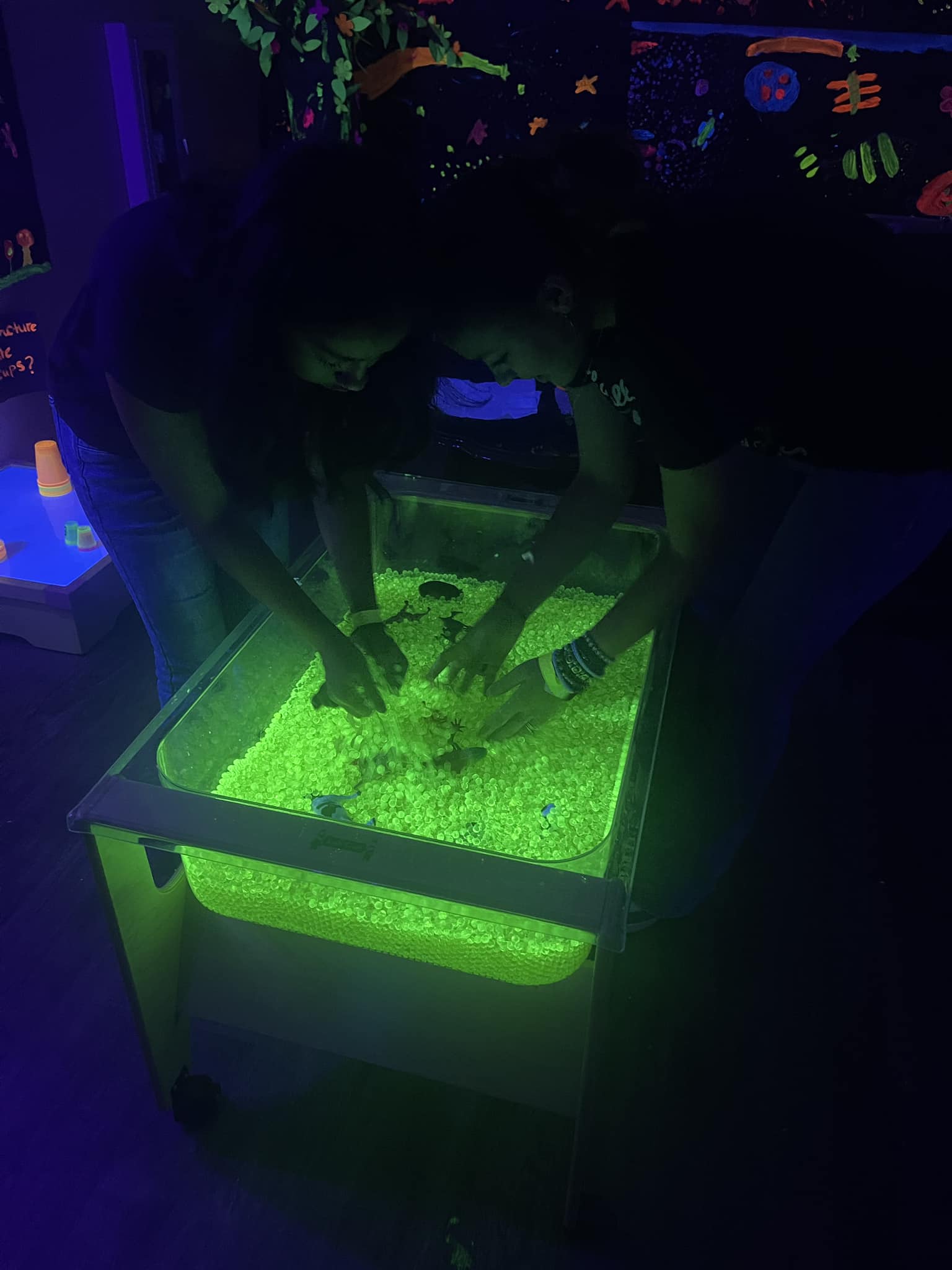Approach to Education
Inspiring Inquiry Through Progressive Learning

Re-Imagining Education
Leaders in Progressive Learning
CIJS offers a Reggio inspired, research based curriculum that focuses on integrating learning through projects. We have the flexibility to individualize curriculum in each classroom that best supports the Reggio Emilia guiding principles that promote endless ways of thinking through the “hundred languages of children”. Our scholars explore, discover, invent, create, speak, sing, dream, collaborate and listen all while engaging in the use of critical thinking skills, problem solving and experiential learning. Our unique and innovative curriculum is designed to instill a love for Life Long Learning in every child. Your adventure awaits!
“The wider the range of possibilities we offer children, the more intense will be their motivations and the richer their experiences.” – Loris Malaguzzi
Experiential Learning
Creates opportunities for students to take initiative, make decisions, and be accountable for results within their own learning. Scholars reflect, analyze and engage intellectually in inquiry based lessons that result in knowledge that transfers to future success.
Student Researchers
CIJS scholars engage in rigorous discussions with varying perspectives for each investigation. Topics are selected based on interest and state standards. Research promotes the ability to identify and ask appropriate questions, design & conduct investigations, collect evidence, draw conclusions and communicate while acquiring the research findings. The process of research is essential in preparing students for 21st century learning.
Making Learning Visible
Students and adults learn from each other, teaching new perspectives and ways of thinking. Documenting learning allows for opportunities to self reflect, reteach misconceptions and to dive deeper into discussions.
Why is Reggio a Particularly Successful Approach to Education?
· Encourages Project-based opportunities: Learning is interdisciplinary: literacy, science, art, social studies, and other subjects are integrated as much as possible and related to real-world projects. As a result, learning is deep and meaningful rather than superficial
· Hands-on learning: Creates long-term retention and true comprehension rather than rote memorization (where they regurgitate and forget soon thereafter)
· Higher level thinking: Opportunities to utilize true comprehension and critical thinking skills as students engage in question/answer problem-solving while participating in experiments or group projects that allow them to think through the process of a task
· Collaborative learning: Teachers are partners in student learning as
ü Students make predictions and through the discovery phase, find their own answers
ü Teachers guide students through the self-discovery process
ü Teachers structure the curriculum based on students’ innate interests
ü Children become life-long learners through this process
ü Children experience mutual respect between students and teachers
ü Allows creativity
ü Motivates children’s interest and involvement
ü Ensures children work at appropriate developmental levels
ü Provides a well-balanced curriculum which prepares students for higher level education
ü Includes meaningful assessments
ü Integrates technology based curriculum

Student Researchers
Eco-Friendly
Inquiry-Based
Experiential Learning
